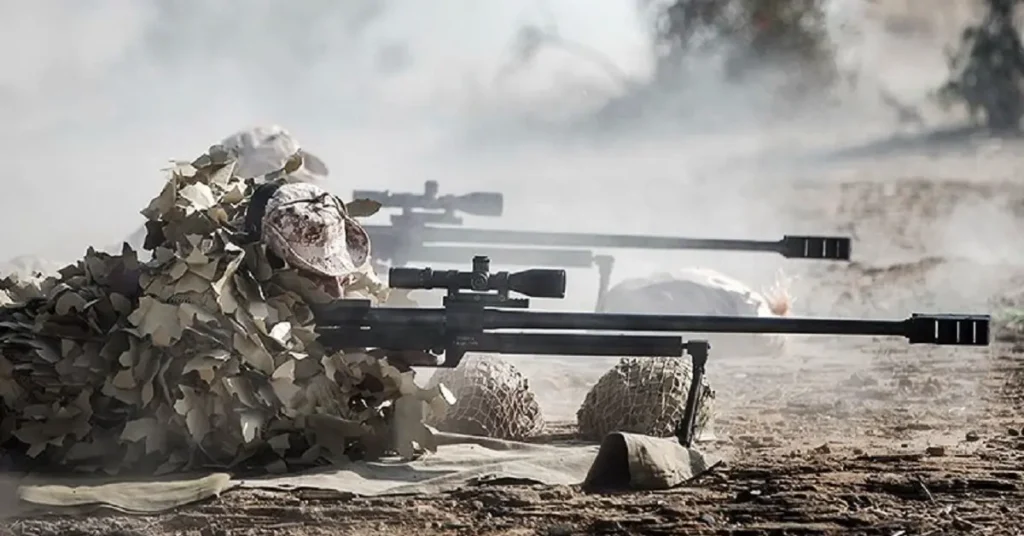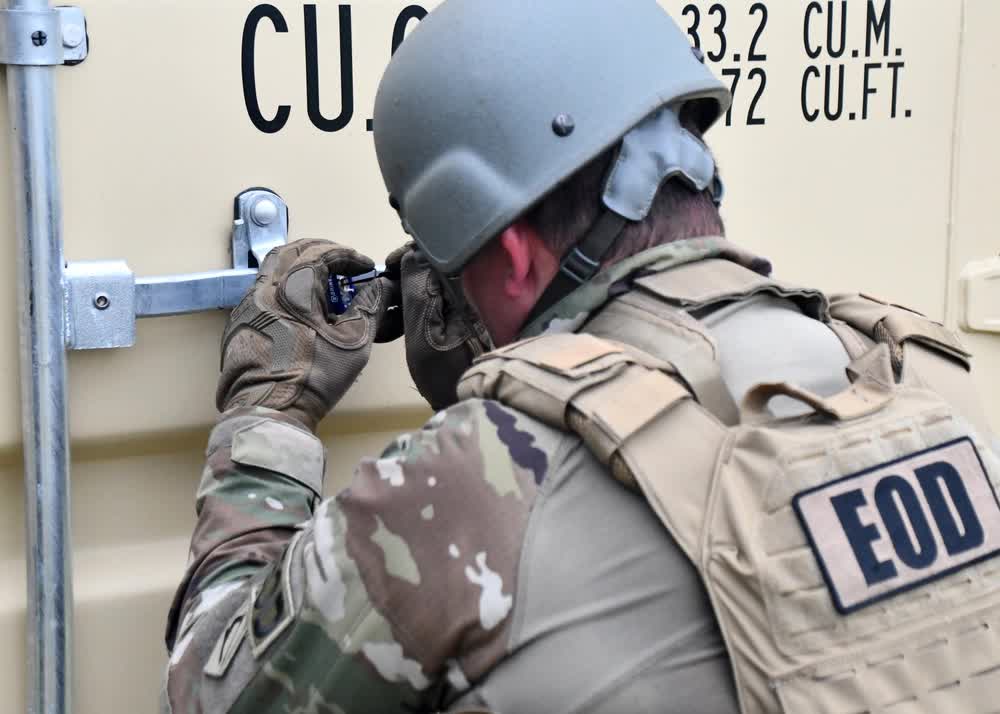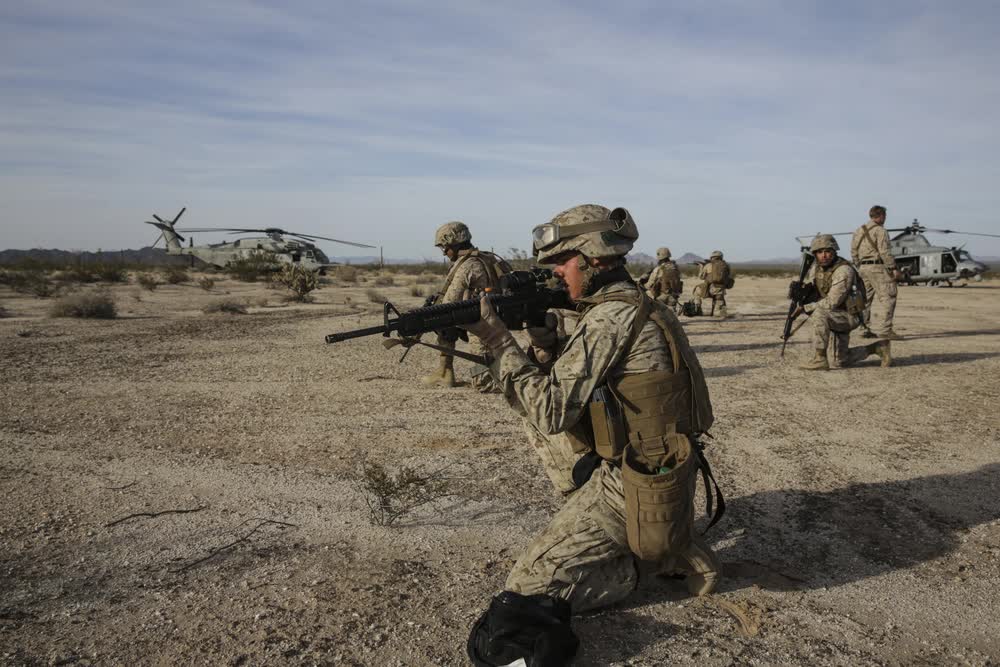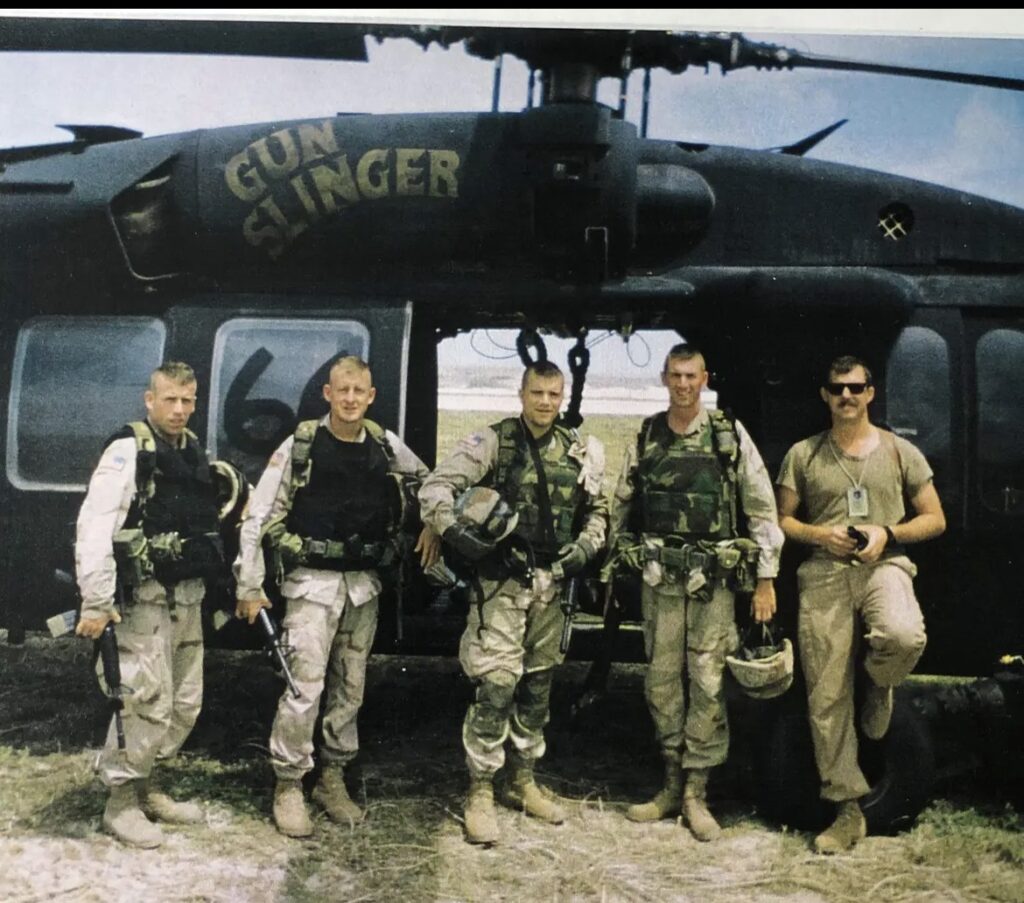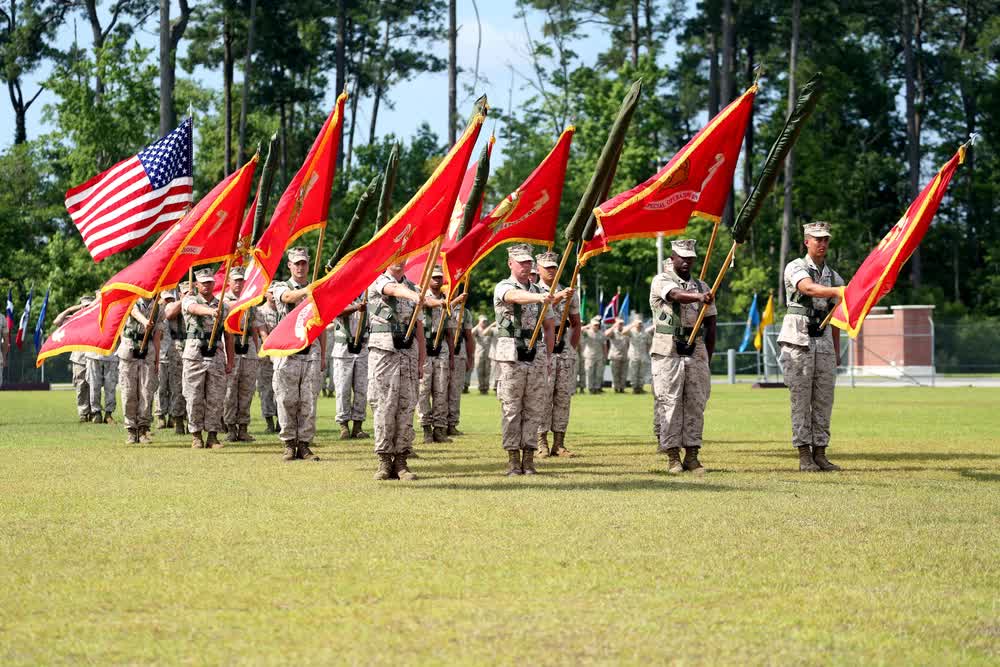For many Americans, it can be tough to understand exactly how Iran’s military apparatus stacks up against our own. Both nations manage their defense efforts in fundamentally different ways due to necessity, cultural differences, and internal politics. The U.S. military does not operate within America’s borders except under very specific circumstances, it receives its funding through Congress, and perhaps most importantly, there’s no question as to where its loyalties lie.
The Armed Forces of the Islamic Republic of Iran, however, function in a very different way, with its elite Islamic Revolutionary Guard Corps (IRGC) overlapping many of the roles occupied by the nation’s formal Army and garnering the vast majority of the nation’s defense budget. The IRGC also operates a number of legitimate Iranian businesses, securing alternate funding sources while compounding power and influence over the nation’s economy and government. When Iranian citizens take to the streets to protest, it’s the IRGC that suppresses their efforts with brutal precision.
In April 2021, the United States chose to designate the IRGC as a terror group, but deep within the organization’s structure, a small sect of the IRGC has already carried that distinction for over a decade: the IRGC’s secretive foreign intervention arm, the Quds Force.
The Quds Force is tasked with clandestine operations outside Iran
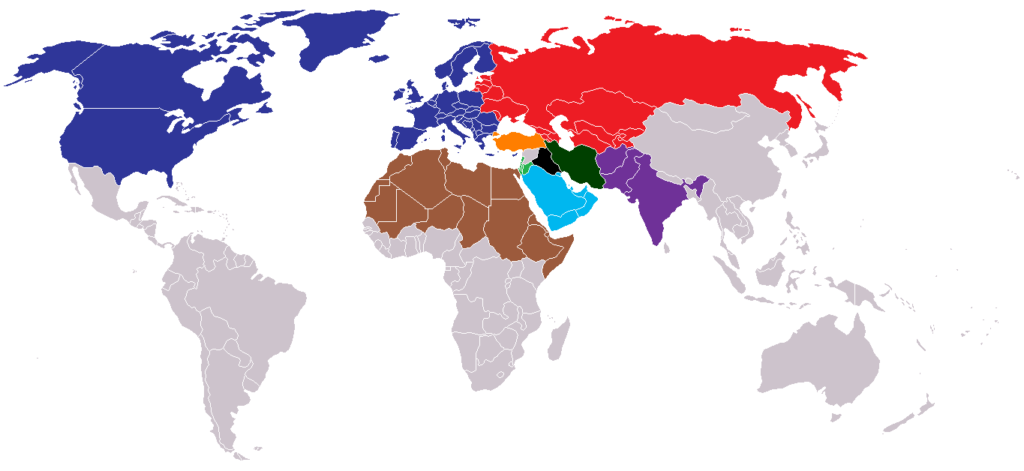
(Wikimedia Commons)
Because Iran isn’t capable of fielding a large and modern military that can stand toe to toe with giants like the U.S., the IRGC’s Quds Force has adopted a unique approach to projecting the nation’s power beyond Iran’s borders. The Quds Force operates entirely within the shadows, supporting foreign terror groups and militias, conducting attacks and assassinations, gathering intelligence, and doing anything else Iran needs to keep hidden behind a veil of plausible deniability.
Some Quds Force operatives could be compared to CIA handlers tasked with developing local intelligence assets. Others are more like American Green Berets, tasked with training and equipping foreign military forces. These troops are also known to engage in unconventional warfare operations themselves, often in the form of terror attacks, assassinations, and kidnappings.
Related: What is Hamas and does the group speak for Palestine?
They get their name from the city of Jerusalem
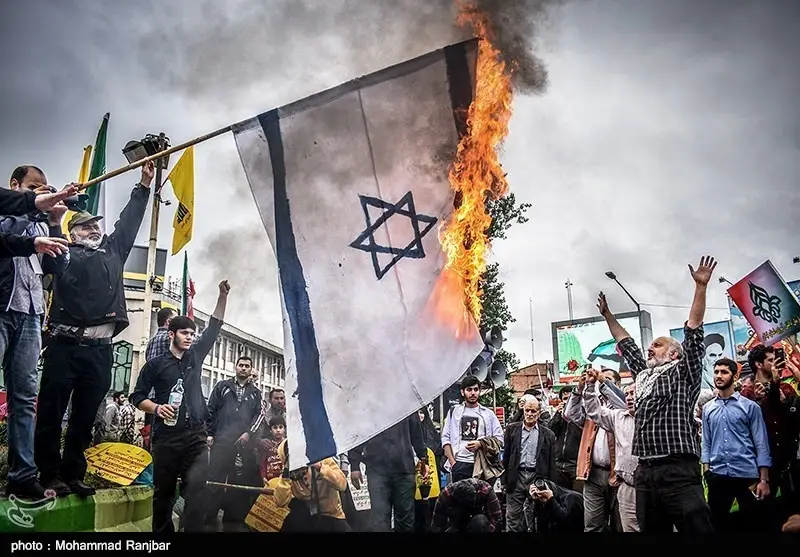
Iran’s long-standing beef with Israel permeates throughout the nation’s military apparatus, but none so directly as the Quds Force, also commonly referred to in Iran as Al-Quds. In Arabic, Al-Quds actually means Jerusalem, or literally translated, “The Holy One.” They didn’t adopt this name as a respectful nod to the ancient city under Israeli control, but rather as a lasting reminder of their long-standing goal to recapture Jerusalem for the Arabic People.
Iran also celebrates Quds Day, though not as a direct affirmation of support for the military unit. Quds Day, which has now spread throughout like-minded groups of the Middle East and even as far off as London, is a day dedicated to parades, fiery speeches, and other demonstrations meant to denounce Israel and Zionism. In 2021, Iran’s Quds Day celebrations also included burning American flags and effigies of former U.S. President Donald Trump.
Related: Was Israel’s Iron Dome overwhelmed, overhyped, or right on target?
They specialize in asymmetric warfare because they know the US is stronger
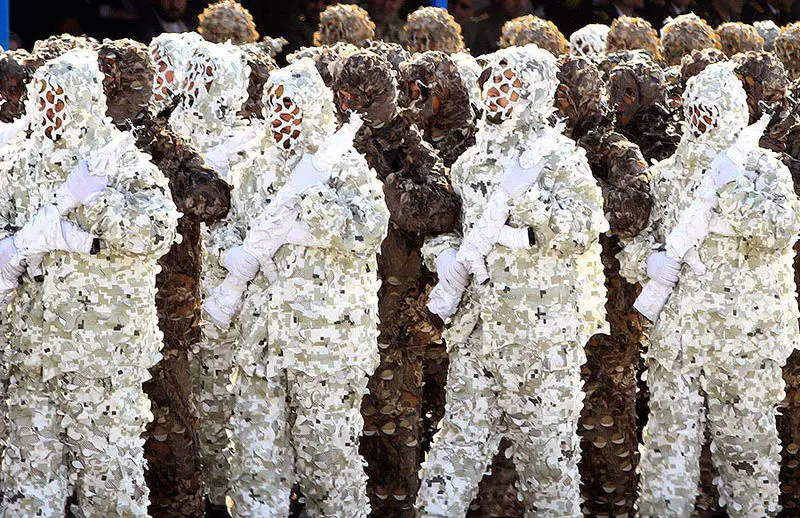
Asymmetric warfare is, in a nutshell, a war between opponents with vastly different levels of resources or capabilities. Iran lacks the technological, diplomatic, and financial strengths the United States leans on to both deter and win armed conflicts, and as a result, they’ve opted not to fight on those terms.
In the modern era, this asymmetric approach has earned the Quds Force close friends in the form of terror organizations with similar extremist goals. Some, like Hezbollah, were even founded through Quds Force interventions. Even the Taliban, a group the Quds Force once fought against side by side with American forces, has become an ally, bolstering Iran’s defenses along Afghanistan’s western border.
No one is sure exactly how many troops are in the Quds Force
America’s Special Operations Command (USSOCOM) maintains a total force of about 70,000 personnel, but it’s nearly impossible to tell how those numbers stack up against the Quds Force. Because of the secretive way in which a subset of the IRGC operates, estimates have ranged from the low thousands to as many as 50,000 total troops, but to a certain extent, either number would be misleading.
Because a primary role of the Quds Force is to establish friendly militias and fighting forces inside the borders of other nations, the Quds Force’s total number doesn’t actually reflect the group’s force projection capabilities. With operations ranging from Syria to Venezuela, Iran’s influence over loosely affiliated fighting organizations the world over makes the danger presented by the Quds Force more difficult to quantify than conventional, or even many unconventional, military units.
Related: Taliban are using US equipment to fight Iranian border guards
The Quds Force is already responsible for hundreds, if not thousands, of American deaths
Declassified defense documents have linked the Quds Force to a rash of IED attacks in Iraq that claimed the lives of hundreds of U.S. service members during combat operations in recent years. These attacks utilized an explosively formed projectile, or EFP, designed specifically to be effective against armored vehicles like American troops utilize in combat zones. Iran’s special operations troops have also been involved in a number of insurgent attacks against U.S. and coalition forces in Iraq since 2003.
The Quds Force was implicated in the bombings of the U.S. Embassy, annex, and Marine barracks in Beirut in 1983 and 1984, along with a long list of other terror attacks. It’s important to note, however, that the Quds Force tends to advise and support rather than directly participate in these operations, granting Iran the deniability it needs to avoid open war with the United States.
This article by Alex Hollings was originally published by We Are the Mighty.
